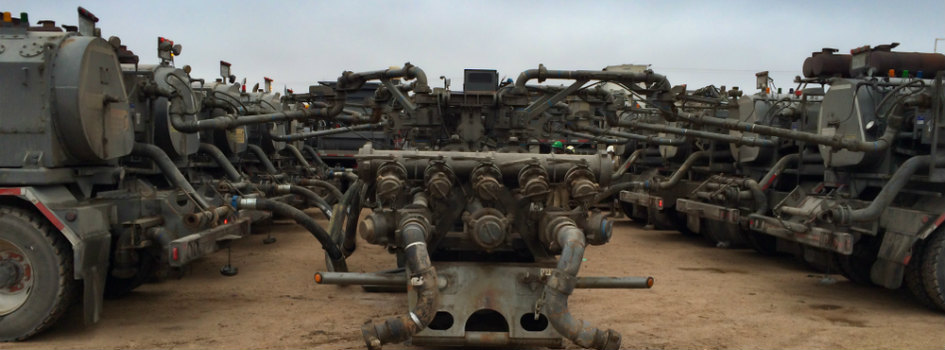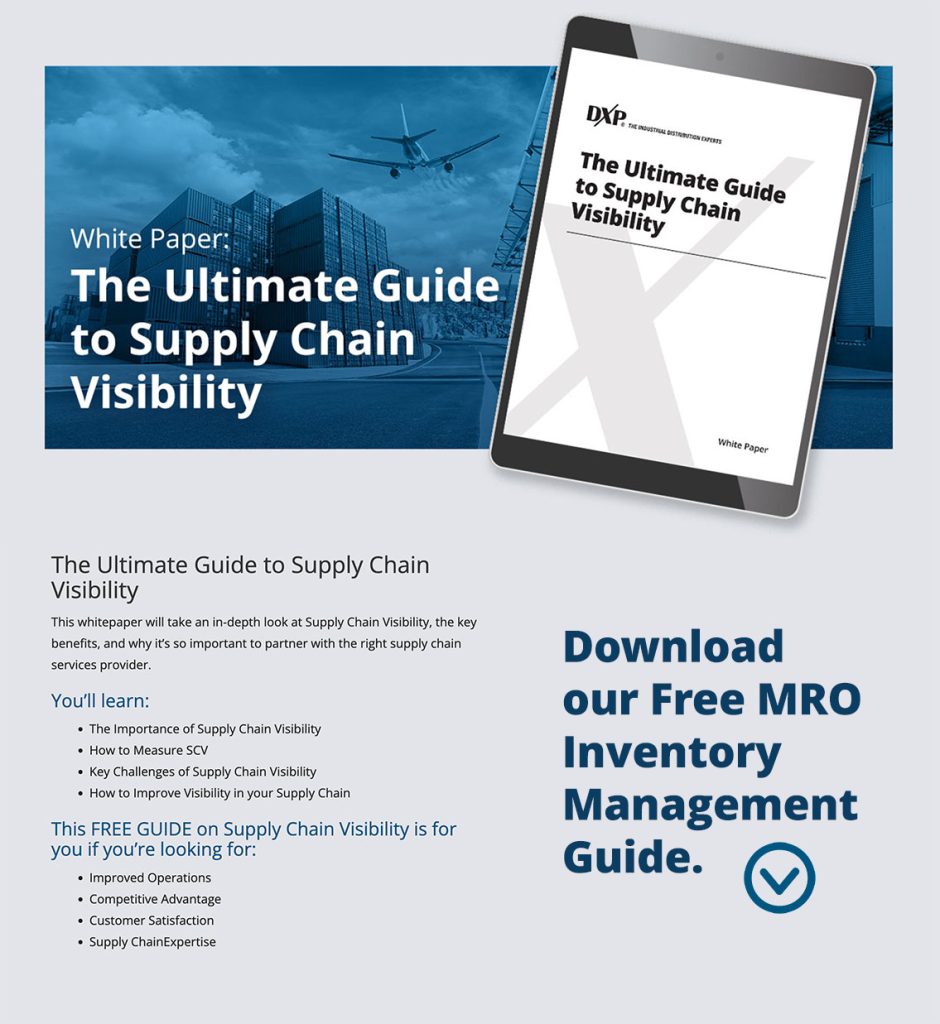
Building Safer Hydraulic Fracturing Facilities
The hydraulic fracturing industry has expanded at a breathtaking pace over the last decade. Extraction firms are under tremendous pressure to increase production, with downstream ripple effects affecting a huge number of businesses. In a context of rapid change and growth, staying focused on safety can be a challenge.
Common Fracking Hazards
Oil and gas extraction is dangerous work. Workers at fracking sites can face many significant hazards, including:
- Heavy equipment and vehicles, often operated in suboptimal conditions (night, rain, and so on)
- Volatile chemicals
- Exposure to hazardous particulates in air and water
- High pressure pumping systems
- Labor shortages and a regular influx of new employees
Fracking Safety Process Steps
The industrial safety services team at DXP is passionate about improving safety conditions at our nation’s fracking sites. These are some of the steps that our team regularly recommends to clients:
- Give time for safety analysis before beginning operations. Safety should be a crucial part of planning any new deployment of equipment. The plan for installing extraction equipment must incorporate safety processes to account for conditions that will be present on the ground. Among the important steps in the planning process is developing a thorough understanding of the most common sources of accidents, especially vehicles.
- Use reliable equipment. Most safety consulting firms don’t have the kind of comprehensive capabilities offered by DXP. Our understanding of rotating equipment safety for the fracking process, especially pumps, gives our teams special insights into hazards that might be difficult to detect. Using the wrong equipment, whether because it lacks sufficient power or could fail under the harsh conditions of a fracking operation, risks injuries and mechanical failures.
- Emphasize safety culture. Developing a consistent, robust safety culture in a context of rapid change can be difficult, but it is too important to ignore. A business that only focuses on OSHA compliance misses opportunities for building a lasting safety culture that can improve retention and lower safety incidents. A strong safety culture requires a commitment to safety at all levels of an organization, so that when contractors come on site everyone—executives, managers, and field operators—sets the tone for visitors.
Contact DXP for Tailored Hydraulic Fracturing Safety Services
DXP is excited about the fracking boom underway in the United States. We are eager to advise businesses involved in oil and gas extraction on how they can improve their safety standards, reduce accidents, and improve financial performance.
Schedule a consultation with a member of DXP’s industrial safety team today!

